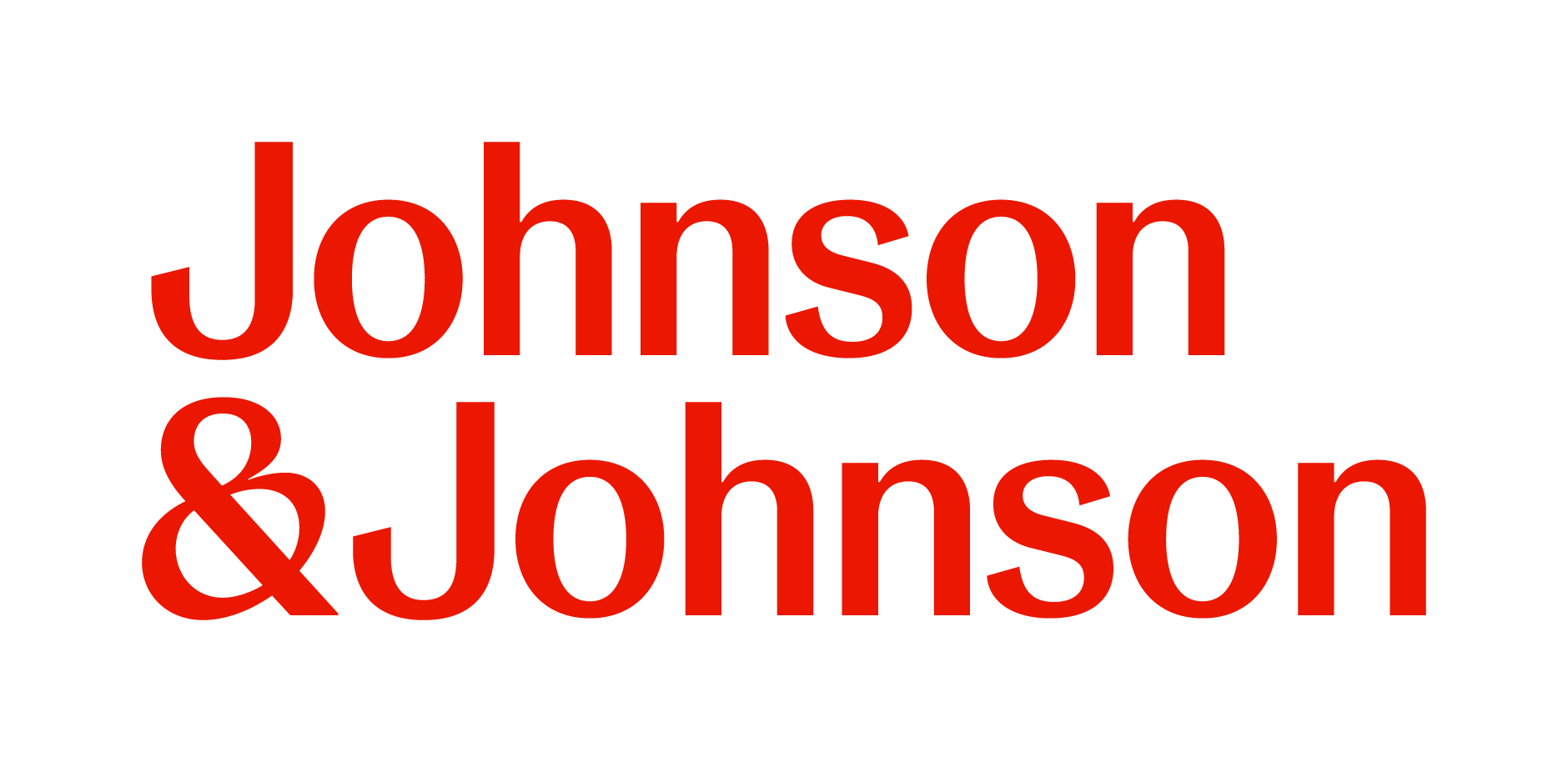You know how you should always ask questions at the end of your interview to show that you’re invested in the position? Well, there are some questions that won’t do you any favors when it comes to getting the job – including, but not limited to, things that will make your interviewer uncomfortable or suspicious of your intentions. Sometimes, it’s hard to distinguish the questions that are harmless from the ones that are harmful to your chances, but if you’ve asked any of the questions below, it’s time to rework your end-of-interview script.
“Wait…what does this company do again?”
Please see this cat as an example of how an employer feels when you ask this question. As soon as this question leaves your mouth, all the hard work you’ve put into making yourself a desirable candidate will fall to pieces. Why? Because you can’t convince anyone that you’re genuinely interested in the position if you have no idea about the company’s mission. You should already have a solid understanding of what the company does and how the role you’re applying for fits into its goals, so make sure to do your homework!
If you don’t have time to do a quick Google search before your interview, figure out a smarter way to ask this question, like, “What are some of the biggest challenges the company is facing?” or “How do you see my role contributing to the company’s mission?” This will come across a lot better than a clueless, “What do you guys even do?”
“So…how much does this pay?”
In the early stages of interviewing, your job is to show the company what you can bring to the table — asking a version of the question, “What’s in it for me?” puts your agenda first (and not in a good way). Salary negotiations typically come into play after an offer has been extended, so jumping the gun too early in the process can turn employers off. Save the money talk until you know you’ve gotten the job (or until you are specifically asked!).
“Are there opportunities for advancement?”
Not only have you not yet been offered the job, you haven’t proven yourself enough to ask this question. It’s great to be forward-thinking, but employers are hiring you for this role and are looking for candidates who are excited about fulfilling their current needs – not someone who views this role solely as a stepping stone.
Avoid this question and instead ask, “What does success look like in this role? What would you want me to accomplish 3 or 6 months down the line?” That way, you can convince your interviewer that you’re ambitious and willing to put your all into the role that you’re applying for – not the role you’ll get when you’re promoted!
“Can you tell me more about some of the negative reviews the company has received on Glassdoor?”
In general, it’s not a great idea to ask negative, personal questions – anything involving hearsay about bad leadership, poor turnover rate or the company’s growth (or lack thereof). During your interview, you need to put the company on a pedestal so that your interviewer knows that you truly want the position. Ask questions that portray the company as an opportunity – not as a major red flag.
“So did I get the job?”
Locking an interviewer into reviewing you right then and there is so uncomfortable. Even if your interviewer loved you, he or she needs to consult with other decision-makers before moving forward or giving you a definitive answer.
Be patient with the process, and leave the interview on a good note – you can send over a thank you note afterwards, telling your interviewer that you appreciated his or her time and that you look forward to hearing back soon.
If you’ve already asked some of these questions in your past interviews, don’t worry – each interview is a learning experience! The more you practice and see how each interviewer reacts to your questions, the more you’ll be able to distinguish between a good question and a bad one. Just make sure that you’re well-informed and positive and you ask for ways you can help to be the solution to the company’s needs. This will ensure that you don’t make any mistakes when your interviewer asks, “So, do you have any questions for me?”




